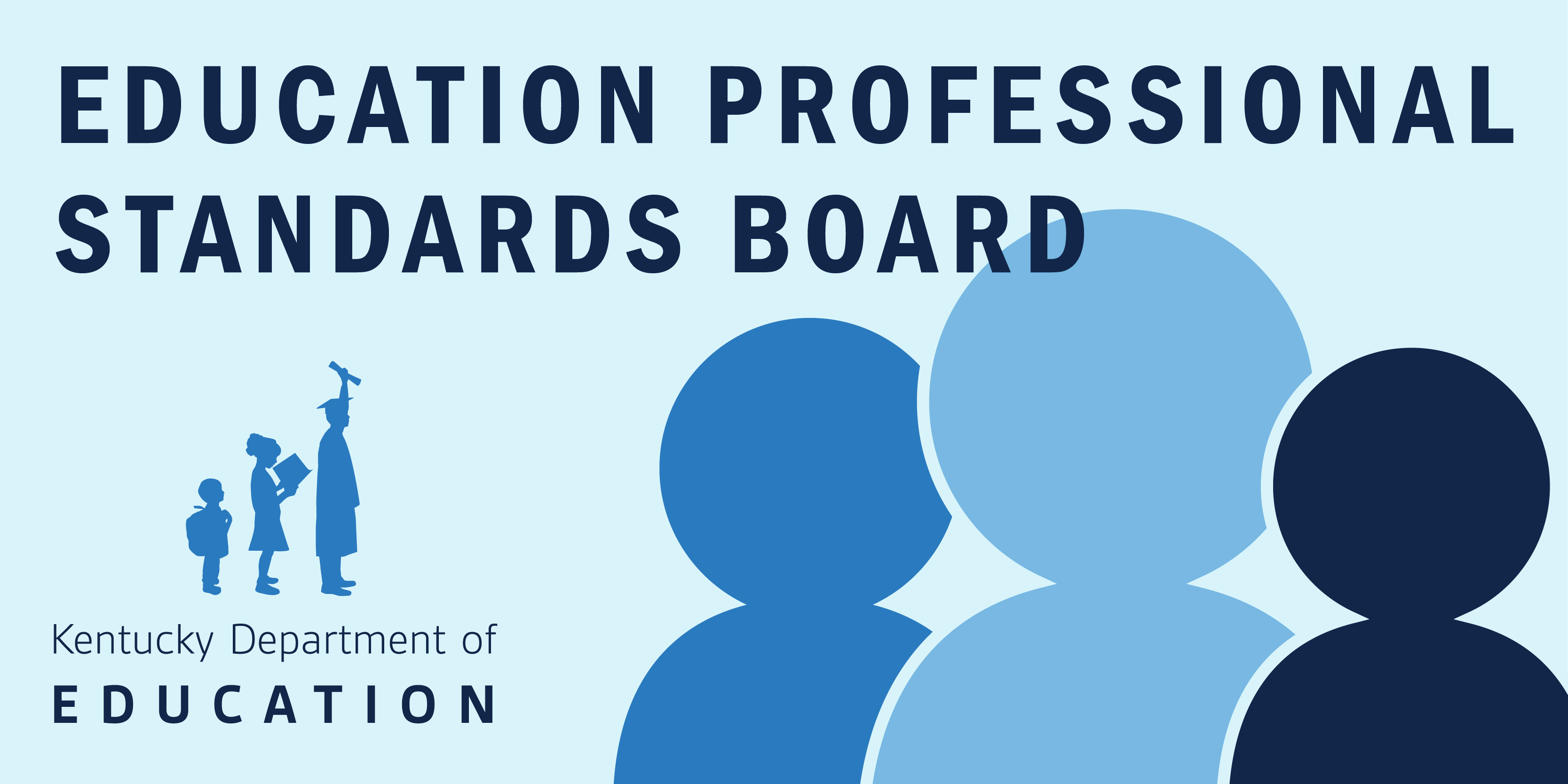The National Board for Professional Teaching Standards’ (NBPTS) announced this week that 268 Kentucky teachers were awarded the prestigious National Board Certification® in the class of 2012. The achievement recognizes these educators among the top in the profession and promises to improve student learning and achievement in classrooms across the state.
Kentucky is ranked 7th in the number of teachers earning National Board Certification in the class of 2012. The top ten states with the highest number of teachers achieving National Board Certification in 2012 were North Carolina, Washington, Illinois, California, Arkansas, South Carolina, Kentucky, Virginia, Maryland, and New York. Nationally, 4,980 teachers achieved certification. This brings the total certified up to 102,237. Kentucky has made tremendous progress and is ranked 9th overall in the total number of teachers in the U.S having earned National Board Certification.
“Kentucky’s National Board Program created a model for many states,” said Alicia Sneed, Acting Executive Director of the Educational Professional Standards Board. “This program is completely voluntary. I highly commend these teachers for their dedication to teaching our children and for achieving the highest credential in the teaching profession.” Upon successful completion of the National Board process, Kentucky teachers holding a Rank II certificate are eligible to apply for Rank I and may serve as mentors for Kentucky’s aspiring NBPTS candidates.
National Board Certified Teachers are recognized as among the best teachers in the profession. National Board certification is performance-based, measuring a teacher’s practice against high and rigorous standards through intensive study, expert evaluation, self-assessment, and peer review. As part of the process, teachers build a portfolio that includes student work samples, assignments, videotapes, and a thorough analysis of their classroom teaching. Teachers are assessed on their knowledge of the specific subjects they teach.
Teachers who have participated in National Board Certification have overwhelmingly stated it is the most powerful professional development experience of their careers. National Board Certification is open to all educators who have a baccalaureate degree and three years of classroom experience in either a public or private school. In addition to receiving financial support from the Teachers’ National Incentive Trust Fund, administered by the EPSB, Kentucky candidates are often eligible for federal subsidies and scholarships to help offset certification expenses.
For more information, visit: www.epsb.ky.gov



RE: “While I applaud anyone who betters his education in any way, I just want to know why National Board Certification gets all the accolades in the media, yet all of us with multiple Masters degrees are basically ignored. I spent a lot of time and money on those degrees, and a little recognition would be nice.”
No one can deny that content knowledge is paramount to being a successful teacher; however, the National Board Certification process focuses on teaching content, not just on content alone. The process requires intense reflection and analysis of one’s teaching. It is possible for a teacher to have superior content knowledge and be an ineffective teacher. This process shows that the way a teacher teaches is just important as the content she is teaching.
I have multiple degrees myself, and will tell you that the NBPTS process had the greatest impact on my teaching and the quality of education my students received.
While I applaud anyone who betters his education in any way, I just want to know why National Board Certification gets all the accolades in the media, yet all of us with multiple Masters degrees are basically ignored. I spent a lot of time and money on those degrees, and a little recognition would be nice.
For example, the 33 hours of college courses in Writing and Literature more than benefited my teaching of English. And then the Rank I Master of Science, another 30 hours, did much the same for my other area of certification.